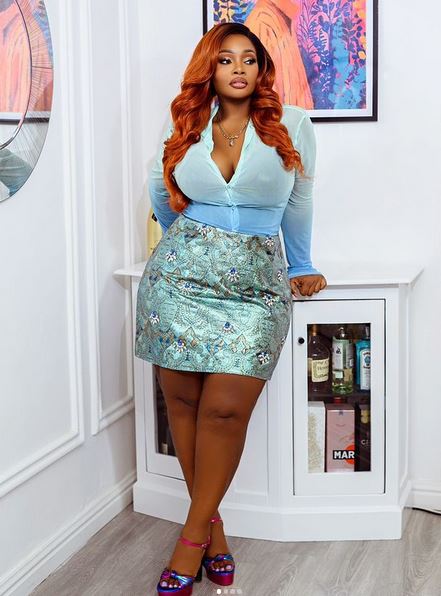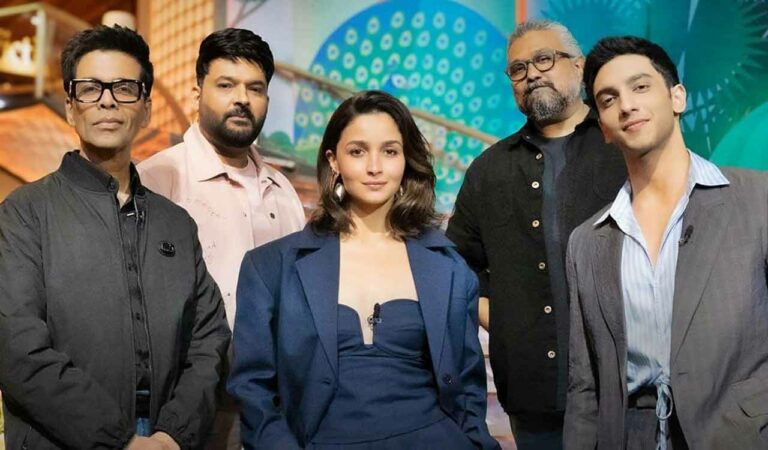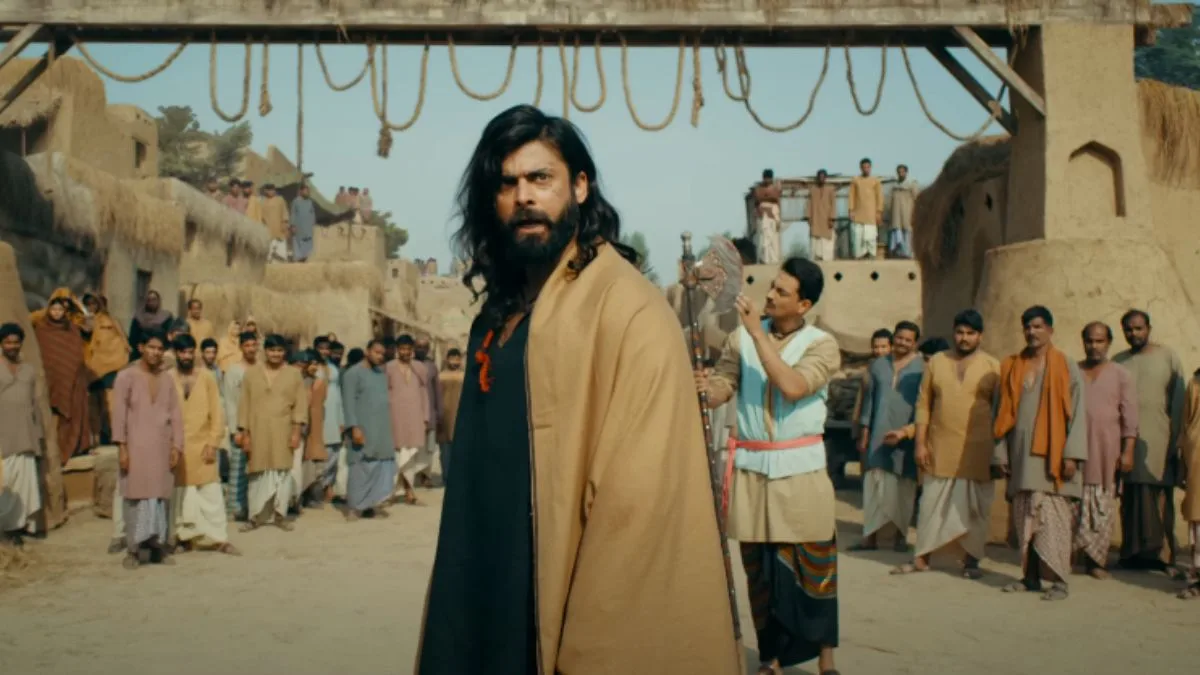
‘s bestselling 2001 memoir of growing up in Africa is so cinematic, full of personal drama and political upheaval against a vivid landscape, that it’s a wonder it hasn’t been turned into a film before. But it was worth waiting for ’s eloquent adaptation, which depicts a child’s-eye view of the civil war that created the country of Zimbabwe, formerly Rhodesia — a change the girl’s white colonial parents fiercely resisted. Davidtz, known as an actress ( , among many others), directs and wrote the screenplay for and stars as Fuller’s sad, alcoholic mother.
Or, actually, co-stars, because the entire movie rests on the tiny shoulders and remarkably lifelike performance of Lexi Venter — just 7 when the picture, her first, was shot. It is a bold risk to put so much weight on a child’s work, but like so many of Davidtz’s choices here, it also turns out to be shrewd. Another those smart calls is to focus intensely on one period of Fuller’s childhood.

is set in 1980, just before and during the election that would bring the country’s Black majority to power. Bobo, as Fuller was called, is a raggedy kid with a perpetually dirty face and uncombed hair, who’s seen at times riding a motorbike or sneaking cigarettes. She runs around the family farm, whose run-down look and dusty ground tell of a hardscrabble existence.
The film was shot in South Africa, and Willie Nel’s cinematography, with glaring bright light, suggests the scorching feel of the sun. Much of the story is told in Bobo’s voiceover, in Venter’s completely natural delivery, and in another daring and effective choice, all of it is told from her point of view. Davidtz’s screenplay deftly lets us hear and see the racism that surrounds the child, and the ideas that she has innocently taken in from her parents.
And we recognize the emotional cost of the war, even when Bobo doesn’t. She often mentions terrorists, saying she is afraid to go into the bathroom alone at night in case there’s one waiting for her “with a knife or a gun or a spear.” She keeps an eye out for them while riding into town in the family car with an armed convoy.
“Africans turned into terrorists and that’s how the war started,” she explains, parroting what she has heard. At one point, the convoy glides past an affluent white neighborhood. That glimpse helps Davidtz situate the Fullers, putting their assumptions of privilege into context.
Bobo has absorbed those notions without quite losing her innocence. Referring to the family’s servants, her voiceover says that Sarah (Zikhona Bali) and Jacob (Fumani N. Shilubana) live on the farm, and that “Africans don’t have last names.
” Bobo adores Sarah and the stories she tells from her own culture, but Bobo also feels that she can boss Sarah around. Venter is astonishing throughout. In close-up, she looks wide-eyed and aghast when visiting her grandfather, who has apparently had a stroke.
At another point, she says of her mother, “Mum says she’d trade all of us for a horse and her dogs.” When she says, after the briefest pause, “But I know that’s not true,” her tone is not one of defiant disbelief or childlike belief, as might have been expected. It’s more nuanced, with a hint of sadness that suggests a realization just beyond her young grasp.
Davidtz surely had a lot to do with that, and her editor, Nicholas Contaras, has cut all Bobo’s scenes into a sharply perfect length. Nonetheless, Venter’s work here brings to mind Anna Paquin, who won an Oscar as a child for her thoroughly believable role as a girl also who sees more than she knows in . The largely South African cast displays the same naturalism as Venter, creating a consistent tone.
Rob Van Vuuren plays Bobo’s father, who is at times away fighting, and Anina Hope Reed is her older sister. Bali and Shilubana are especially impressive as Sarah and Jacob, their portrayals suggesting a resistance to white rule that the characters can’t always speak out loud. Davidtz has a showier role as Nicola Fuller.
(The movie doesn’t explain its title, which hails from the early 20th century writer A.P Herbert’s line, “Don’t let’s go the dogs tonight, for mother will be there.”) Once, Nicola shoots a snake in the kitchen and calmly wanders off, ordering Jacob to bring her tea.
More often, Bobo watches her mother drift around the house or sit on the porch in an alcoholic fog. But when her voiceover tells us about the little sister who drowned, we fathom the grief behind Nicola’s depression. And wrong-headed though she is, we understand her fury and distress when the election results make her feel that she is about to lose the country she thinks of as home.
Davidtz gives herself a scene at a neighborhood dance that goes on a bit too long, but it’s the rare sequence that does. There is more of Fuller’s memoir that might be a source for other adaptations. It is hard to imagine any would be more beautifully realized than this.
Full credits THR Newsletters Sign up for THR news straight to your inbox every day More from The Hollywood Reporter.














